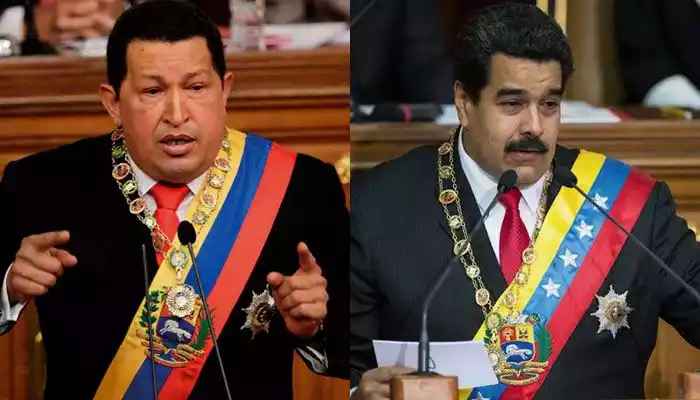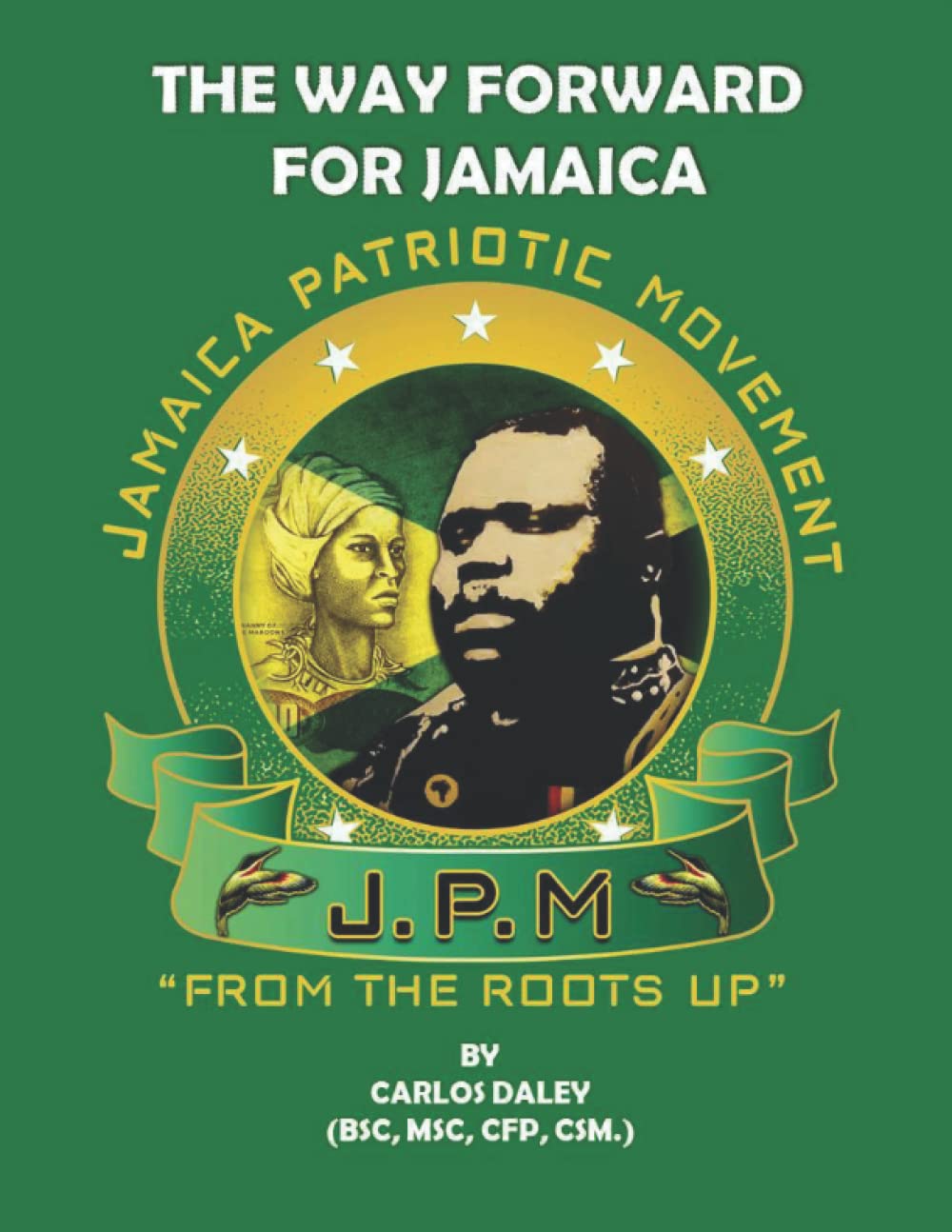Hugo Chávez consolidates a symbolic seat nurtured by the movement of the revolutionary memory of peoples who, from below, are walking towards the definitive seizure of power, of their power. Chávez is one more voice of the rising revolutionary spirit, a kind of magnifying glass or stethoscope, to examine the depths of a world revolution towards socialism
Author: Fernando Buen Abad | internet@granma.cu
March 4, 2021 10:03:13 PM
Few times in Our America two revolutionary fighters and statesmen had such a close relationship as that of Fidel and Chávez. photo: granma archive
Few times in Our America two revolutionary fighters and statesmen had such a close relationship as that of Fidel and Chávez. Photo: Granma Archive
With the "passage of time", which always contains very diverse experiences, Hugo Chávez consolidates a symbolic place nurtured by the movement of the revolutionary memory of peoples who, from below, are walking towards the definitive seizure of power, of their power. Chávez is one more voice of the rising revolutionary spirit, a kind of magnifying glass or stethoscope, to probe the depths of a world revolution towards socialism. Sign so that the struggles, advances, contradictions, and delays that coexist in the dialectic of a Revolution whose health, by the way, is also a global responsibility, be seen through it.
It is a kind of telescope. One could affirm that, when the memory of President Hugo Chávez appears daily, his concrete and unmistakable presence appears, to show the mandate that breathes him, to organize, to make visible that content, that load of meanings, inside, made with the struggle of many ... to reveal those symbolic entrails full of action and collective faith. A memory that does not accept flattery or flattery, that does not admit only "sweet", sympathetic or "politically correct" memories ..., it is a lively and vigorous memory that does not strive to be sympathetic, that pushes, presses, demands, and demands.
How that phenomenon of memory, also, which is Chávez, manages to maintain its freshness and demand, always listening to him, making sure that one will be willing to follow his advice, to put so many voices in his voice; listening to him, then, in what one thinks…, listening to him wanting and doing in revolutionary practice…, listening to him listening to oneself in his voice, which is not complacent and that pricks, spurs, and questions; listen to it, even in the debates that are least heard. That is why it is not easy for his adversaries to shut him up, uncover his symbolic burden, cut off that semiotic force that comes from the Revolution ..., from those below.
Chávez ascends without stopping, consolidating a symbolic place reserved for his eternal companions. Not to pay "personality cult," which would be an insult to intelligence. Not to manufacture tinsel admirers… Hugo fulfills a revolutionary task from his place as a new symbol, because he is moving towards socialism, and it is up to all of us; that does not admit stained glass caudillos because it would be fragile; because it wouldn't be for everyone ... because it would be a lie. He does not admit being reduced to the stereotype of the leader, passionate in himself, in front of the cameras. Hugo Chávez continues to fulfill his task of being a Revolution in the symbolic field, not without a thousand contradictions and dangers. This revolution gives conclusive proof of how much he hates the circus adventures of some "Messiahs", no matter how much communication media they dominate.
This is how the Revolution itself commands it. Its role is to contribute to the construction of a great revolutionary victory that rises from daily revolutionary practice. It is not its owner, it is not its coat of arms, it is not its "registered trademark." It is his passion and his militancy, his strength, and his mandate. And you are obliged to defend it by obeying it. Chávez, of course, means a lot. It carries meanings of this historical period of the Revolution ..., it has been fighting daily for many years, but, especially, its work as a symbol is to put perspective on a struggle that needs to win world forces, accompanying the Revolution, at the same time they learn from it. That is and has been, Chávez's role at this time.
This semiotic task of Hugo Chávez is fulfilled, extraordinarily, in a revolutionary setting where memory walks at the rhythm of a people that goes as fast as it can on the most profound transformations. Forms tend to move into new languages. If Chávez is seen and heard, many hours in many places, under a thousand pretexts, it is because his voice is none other than that of a people indicating the steps of its Revolution. In the imaginary, it is direct action with a revolutionary pedagogy that will not stop. He will be where his people send him as the "figurehead" of the Revolution supported by peasants and workers from all fronts, who today are its crucial support and its semiotic future.
Chávez makes himself visible because there is where the breath of a people who commands from their bowels, historical and hurt, puts an end to all the misery and barbarism that has systematically eaten away at him. Chávez makes visible a face, a voice, a way of saying, a skin color that was made invisible, that were aesthetic shame and class stigma, in a society ashamed of having so much black, mulatto, poor ... but proud of its engineering to slavery and exploitation. Chávez also has the cultural mandate to mobilize a revolutionary army of semantics, a reserve army of creative communication with revolutionary semiosis and world solidarity, capable of making visible all triumphs (and all defeats) that are produced from below precisely because they are, in revolutionary march. Rising sign.


